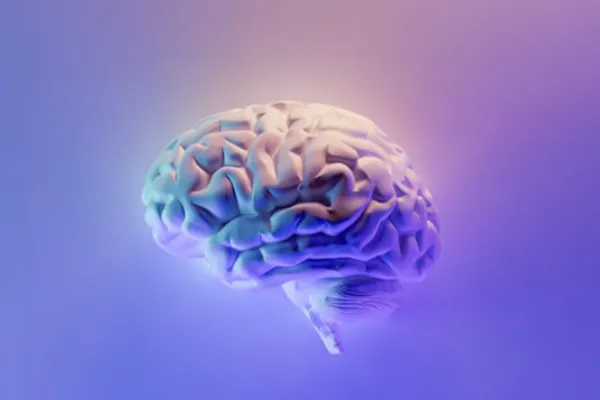
Battling Brain Fog? Here's How to Beat It
Battling Brain Fog? Here's How to Beat It!
Health comes from within - Anon
While sleeping on a cloud sounds idyllic, waking up with a cloudy feeling in your head just doesn’t sound as pleasant.
Every day, people battle brain fog—a funny feeling in the head that can be different for everyone, with common symptoms being pressure, slow thinking, confusion, forgetfulness, fatigue or headaches.
If you’re one of the many people who deal with this regularly, you’re not alone. Here are a few tips for turning brain fog into a clear head.
1. Recognize your triggers.
Think about what may be causing you to experience brain fog. Do you notice that the following morning after a heavy meal you feel cloudy? Can you tie how you’re feeling to a stressful experience? When you experience brain fog, keep notes on what you did or ate in the previous 24 hours. Eventually, you may discover a common culprit.
2. Get better sleep - Quality over Quantity
It's a common misconception that longer sleep = better sleep, however, whilst time asleep is important, the amount on quality sleep you get is more important.
As you sleep each night your body and brain pass through 4 distinct stages, known as a sleep cycle. In this time, your brain is actually hard at work on clean up and maintenance, pruning old and underutilized neurological connections it no longer sees as useful, and testing new connections out. This is the process of dreaming, and is often why your dreams will contain random things you've seen or thought about in the previous day
Achieving better sleep quality is a great way to feel energized and fresh; some great places to start are
minimising use of electronic screens in the hour before sleep
Cutting off caffeine after midday
Eating your last snack at least 2 hours before bed
Starting a night time routine
All these tips can help condition your body that its time for bed, helping you fall asleep faster and for longer.
3. Look at your medications.
If you’re experiencing brain fog that’s regular but new, think about whether or not you’ve recently started any medications. If so, speak with your doctor about the connection between your prescription and brain fog.
4. Pay attention to your food intake.
Foods that contain MSG, aspartame, and even peanuts or dairy may be linked to brain fog if you’re allergic or have food sensitivities.
5. Book a visit with us.
If you often get headaches alongside your brain fog, we’re here to help with a gentle, focused adjustment. Contact us today to book your visit!